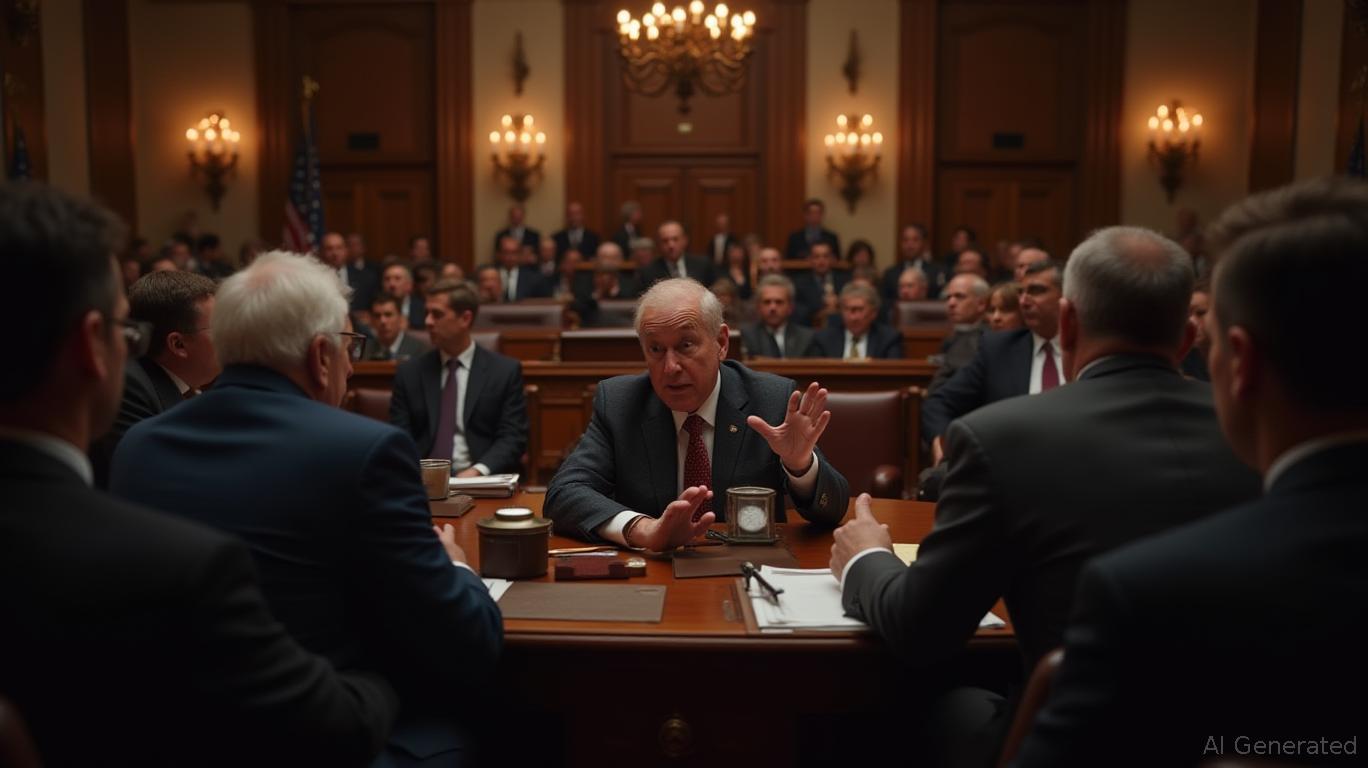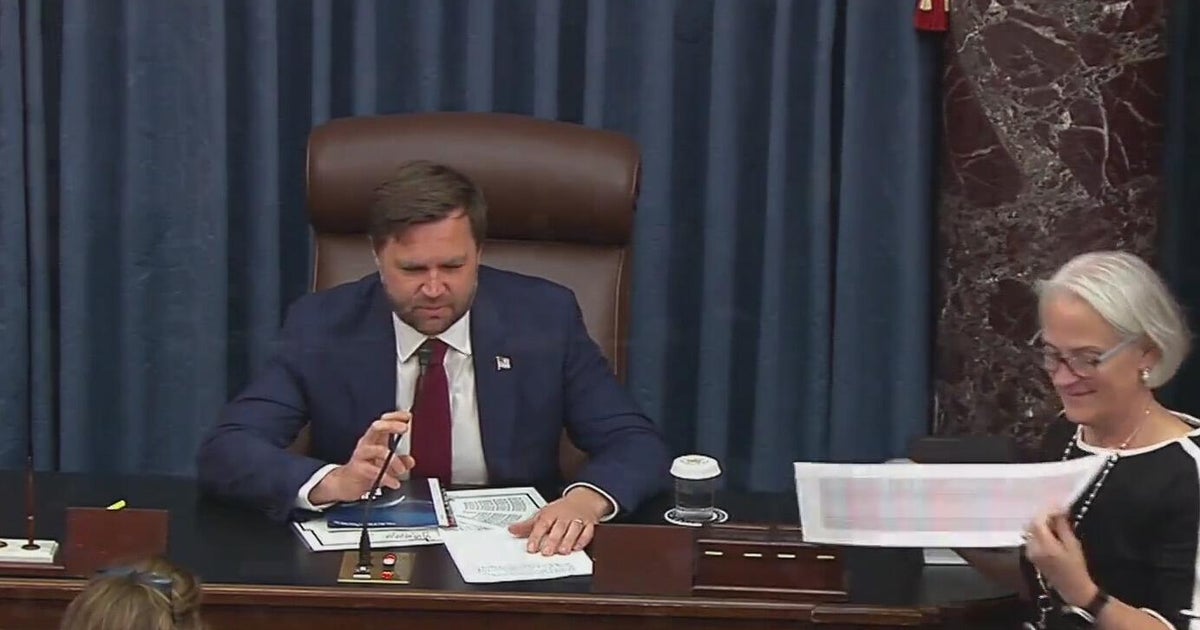Coin WorldTuesday, Jul 15, 2025 9:38 pm ET
![]() 2min read
2min read
The U.S. House of Representatives faced a significant obstacle in its efforts to advance cryptocurrency legislation this week. On July 14, a procedural vote aimed at progressing a series of digital asset bills, including the GENIUS Act and the CLARITY Act, did not secure the necessary support. The vote, which required a simple majority to pass, ended with 196 votes in favor and 223 votes against, effectively halting the legislative process.
The failure of the procedural vote was largely due to a group of conservative lawmakers within the House Freedom Caucus. These members expressed concerns that the proposed bills did not adequately address issues related to Central Bank Digital Currencies (CBDCs) and other related matters. Their opposition was pivotal in the vote's outcome, as it prevented the bills from advancing to the next stage of the legislative process.
The stalled vote comes at a critical time for digital asset legislation in the United States. The GENIUS Act, in particular, aims to establish a regulatory framework for stablecoins, a move that proponents argue is essential for maintaining America’s dominance in the rapidly evolving crypto space.
The decision to cancel the U.S. House vote on cryptocurrency bills arose from internal opposition and procedural hurdles. Speaker Mike Johnson aimed to progress the bills, but resistance from the House Freedom Caucus and thirteen Republicans hindered proceedings. The proposed GENIUS Act and other bills could have significantly impacted the crypto market. Key opposition centered around perceived deficiencies, including a lack of clarity on banning central bank digital currencies. Congresswoman Marjorie Taylor Greene cited the President's executive order as justification for her stance.
The legislative gridlock emphasizes the ongoing challenges in regulating digital assets and influences market stability. The cancelled vote affects stablecoins like USDC and USDT, potentially delaying regulatory clarity. Both markets and companies like Circle and Tether could face prolonged uncertainty, impacting investor confidence. The event highlights the tension between GOP factions and regulatory aspirations.
While no immediate market downturn was seen, history suggests such delays often foment heightened caution among investors. Industry participants watch closely for any legislative progress as regulatory clarity remains a critical factor in crypto market dynamics. Future implications might involve stricter oversight on stablecoins, impacting financial flows and crypto valuations. As these legislative efforts unfold, their success or failure will mold the trajectory of U.S. crypto regulation and market robustness.
The setback in the House vote has left the future of these cryptocurrency bills uncertain. It remains to be seen how lawmakers will proceed, given the internal divisions and the political tensions surrounding the issue. The failure of the procedural vote serves as a reminder of the challenges faced by pro-crypto advocates in gaining the necessary support to advance digital asset legislation in the United States.









 English (US) ·
English (US) ·